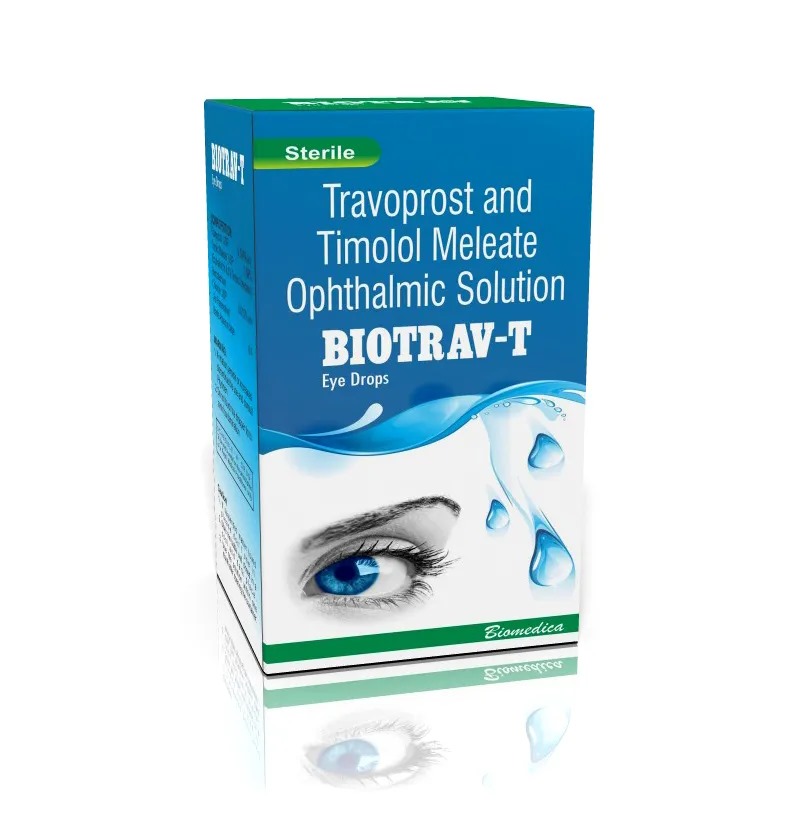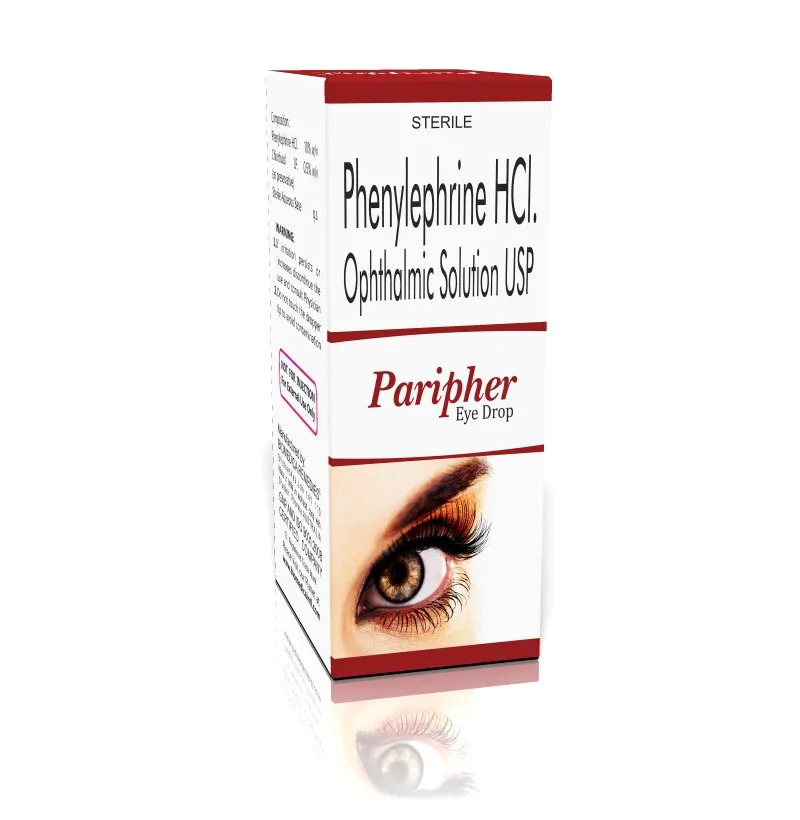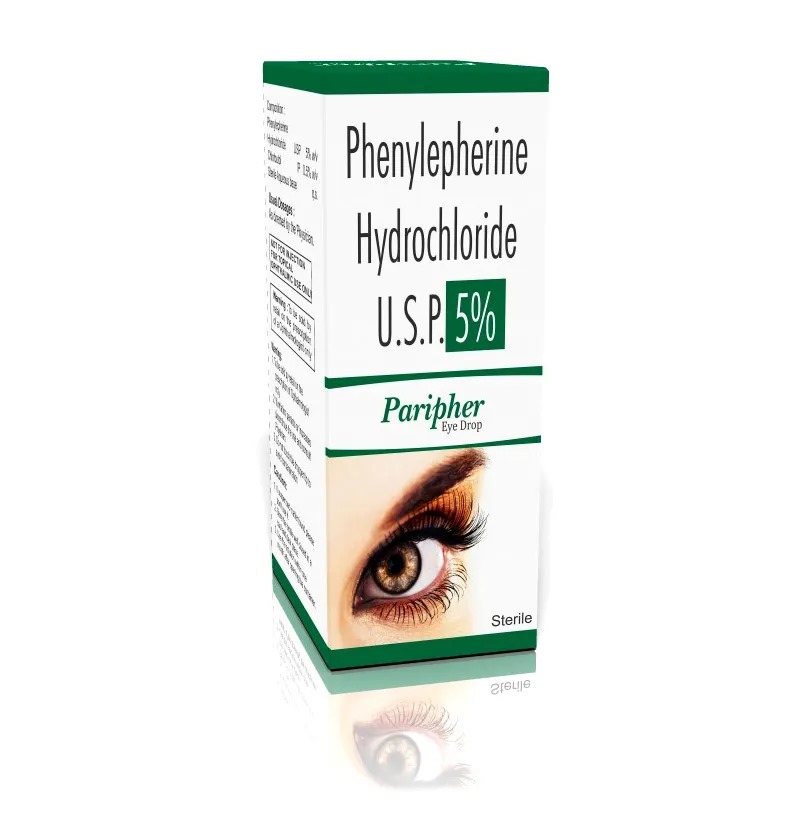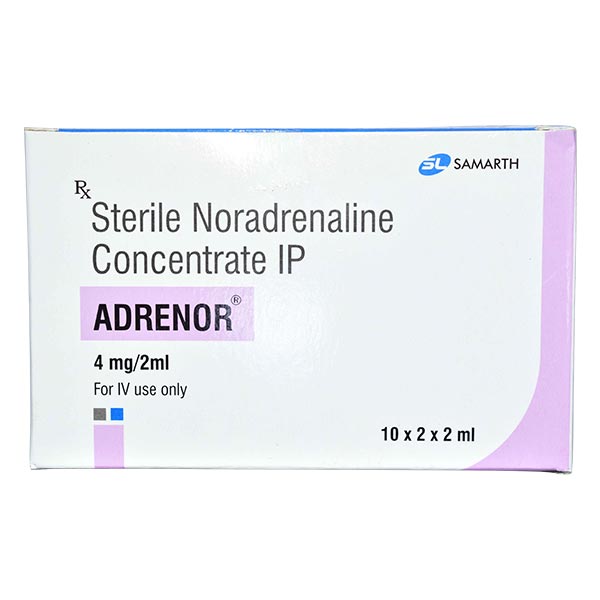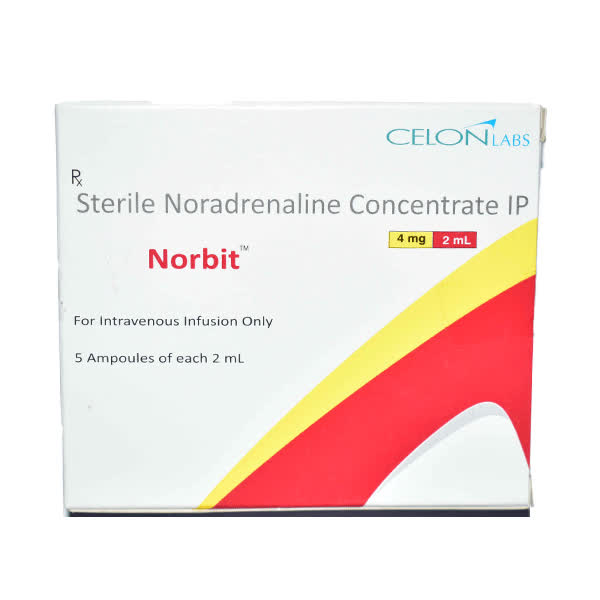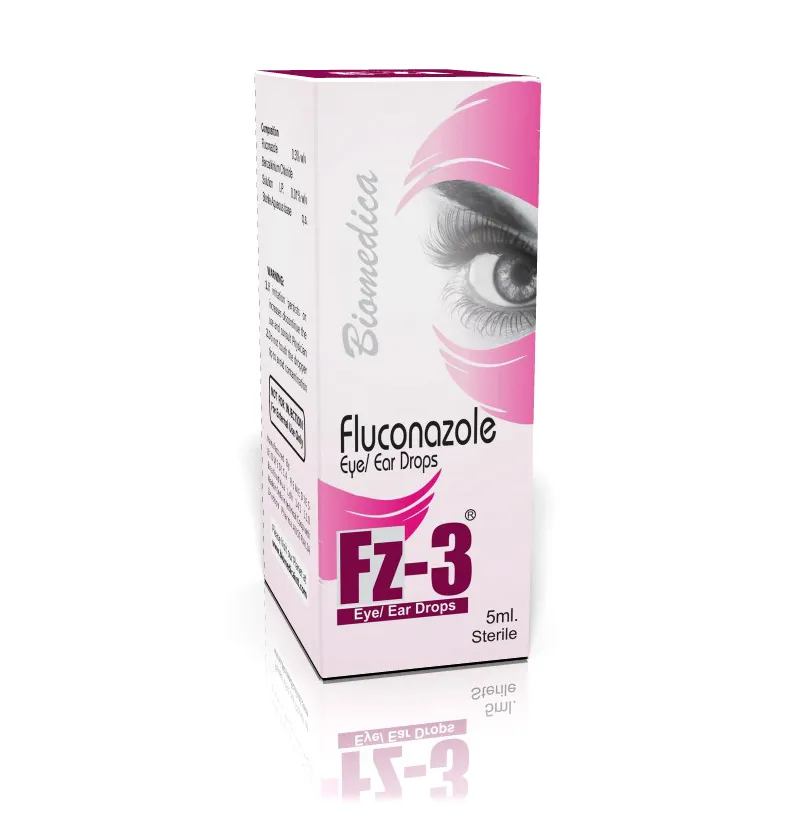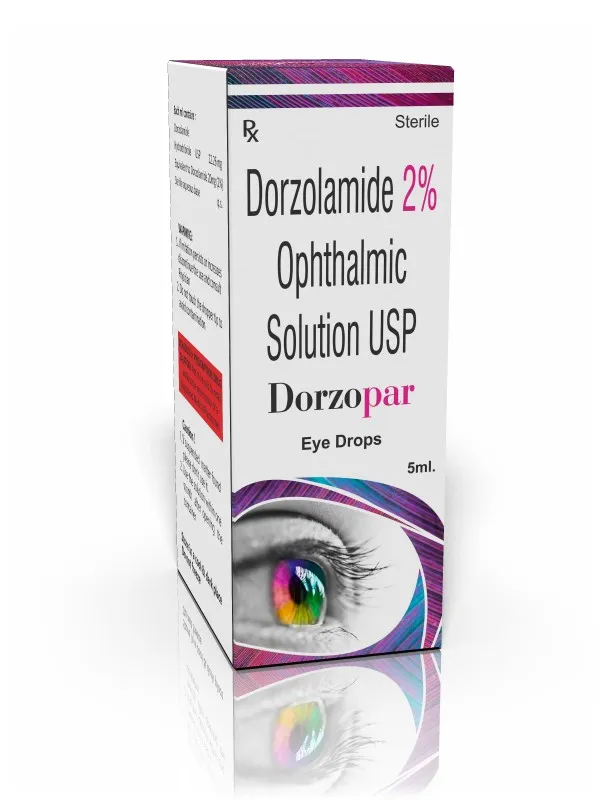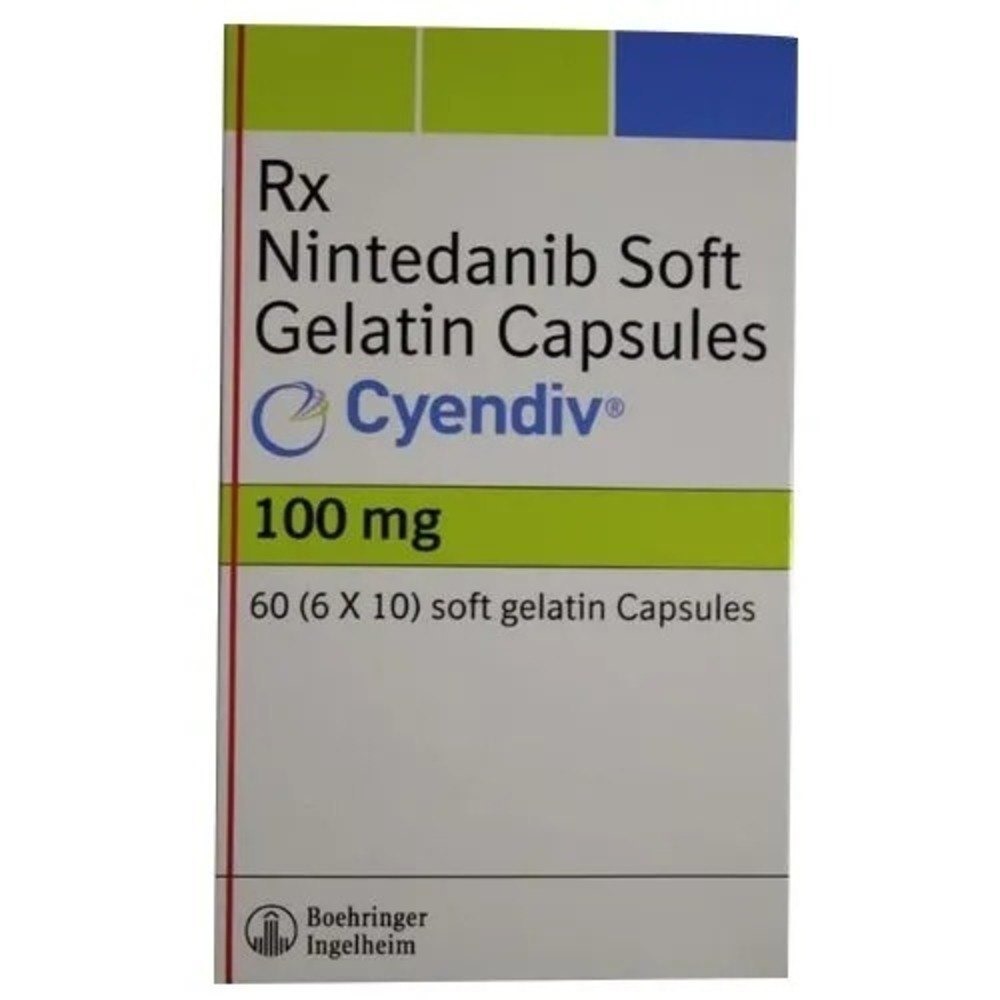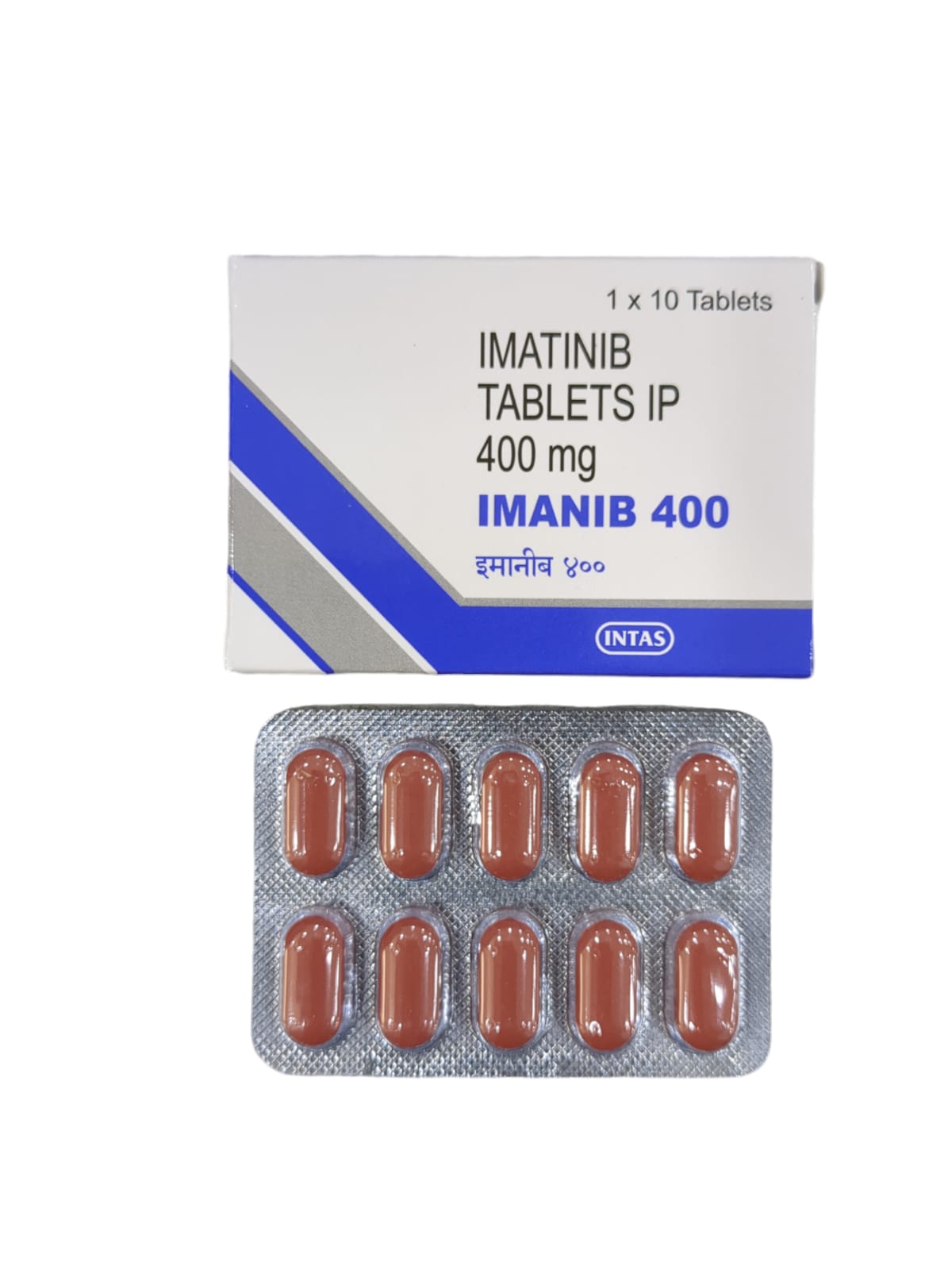Biotrav-T (Travoprost and Timolol Maleate) Ophthalmic Solution is a prescription eye drop used to manage elevated intraocular pressure (IOP) in individuals with open-angle glaucoma or ocular hypertension. It combines two medications—travoprost (a prostaglandin analog) and timolol maleate (a non-selective beta-blocker)—to reduce IOP through complementary mechanisms. ________________________________________ ✅ Primary Uses • Open-Angle Glaucoma: A common form of glaucoma characterized by gradual loss of vision due to increased IOP. • Ocular Hypertension: Elevated IOP without optic nerve damage, which can lead to glaucoma if untreated. ________________________________________ 💊 Dosage and Administration • Recommended Dosage: Instill one drop into the affected eye(s) once daily, preferably in the evening. • Application Tips: o Wash hands before use. o Avoid touching the dropper tip to any surface, including the eye, to prevent contamination. o If you wear contact lenses, remove them before applying the drops and wait at least 15 minutes before reinserting them. ________________________________________ ⚠️ Precautions and Contraindications • Contraindications: o Hypersensitivity to any component of the formulation. o Active or suspected ocular infections. o History of hypersensitivity to beta-blockers. • Cautions: o Use with caution in patients with cardiovascular or pulmonary diseases, as timolol may exacerbate conditions like asthma, bradycardia, or heart block. o Monitor for potential systemic absorption effects, including hypotension or bradycardia. o Consult a healthcare provider before use if pregnant, planning to become pregnant, or breastfeeding. ________________________________________
Send Message